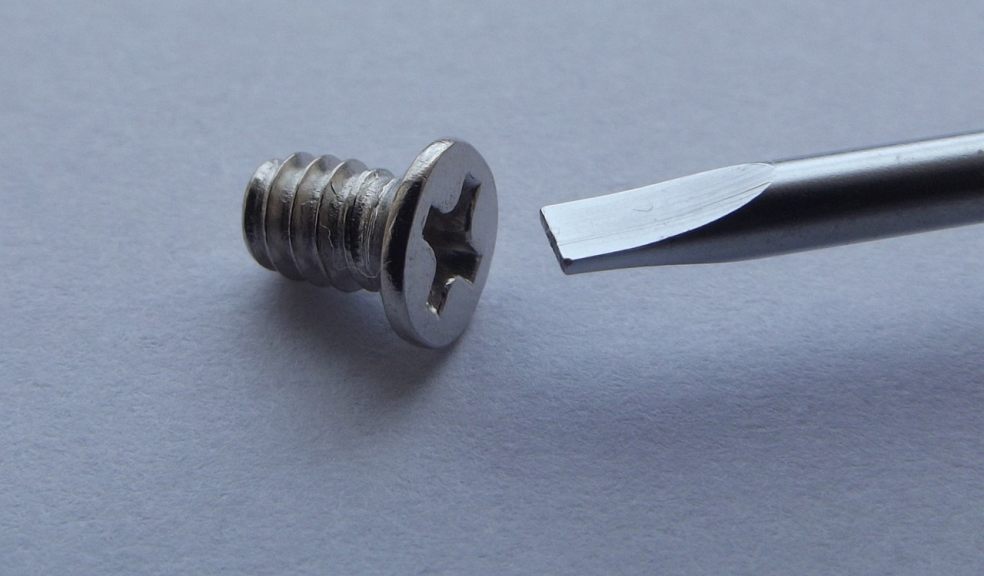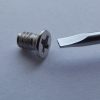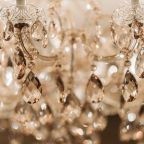
The Most Common Material Types for Screws
Screws are going to be an essential part of just about any project you ever take on. Fasteners are crucial for keeping things together and screws are among the most commonly used fasteners.
There are materials that make up these different screws so you can create the perfect fit without damaging the material that’s getting screwed into. There are four common screw material types and each one has its own unique purpose.
Types of Screw Materials
When you tackle a DIY project, you’re probably going to need a screw. For most amateur DIYers, screws look like they are all basically the same. The simple fact is that screws are made of different materials, all of which have a specific purpose. The four materials used to make screws are:
Titanium. Titanium gives you a good mix between lightweight and strong. They’re also a lot more expensive, but if you’re doing something a bit more heavy-duty, having a stronger fastener can give you peace of mind that the structure is going to hold up.
Copper. The major benefit of copper screws is that they are very resistant to corrosion. For outdoor projects, where there’s constant exposure to the elements, copper screws tend to perform better than the rest. They’re also pretty durable on top of that, lasting a long time.
Aluminum. Aluminum is good for one thing and that’s being lightweight. It isn’t as durable as any of the others on the list but if you have a project where weight matters, keeping the fasteners light can wind up being important.
Steel. Steel is the kind of screw you’ll probably run into more often than not. Steel is pretty strong but not the strongest. It’s also not the lightest but not the heaviest, either. Steel is also really inexpensive to use, which is the primary reason it’s so common.
Screws Have Coatings
Another thing you may not have known about screws is that the majority of them have an extra coating in addition to the material used to make them. Certain coatings can give the screw extra qualities that relate to specific tasks or jobs.
Coatings include zinc, ceramic, copper, and a litany of others, all providing their own unique benefits. A coating can add protection against corrosion, improve strength and durability, or even add an aesthetic aspect for projects where you will see the screw.
Despite being seemingly small, simple things, screws can get pretty complicated. If you need to get really specific on a task, a coating can be beneficial in more ways than you know.
Choosing the Right Screw
If you’ve just had your mind blown by the different types and coatings, you might be wondering how you can pick the right screw for your next project. The simplest way to go about it is to think about what you’re screwing into and where the screw will be used.
Certain screws are made to specifically fasten into certain types of materials. You might not want a masonry screw for woodworking projects or a wood screw for a sheet metal project. They might screw it but you won’t really know if it’s making the most of the inherent qualities that the screw has.
Remember where we talked about corrosion? That’s where your location comes into play. Some materials are not meant to be exposed to the elements, and they will corrode far quicker than other screw materials. For decks, sheds, and other outdoor projects, find something that is rated for outdoor use. The screws will hold up a lot better without getting that nasty rusty look.




















